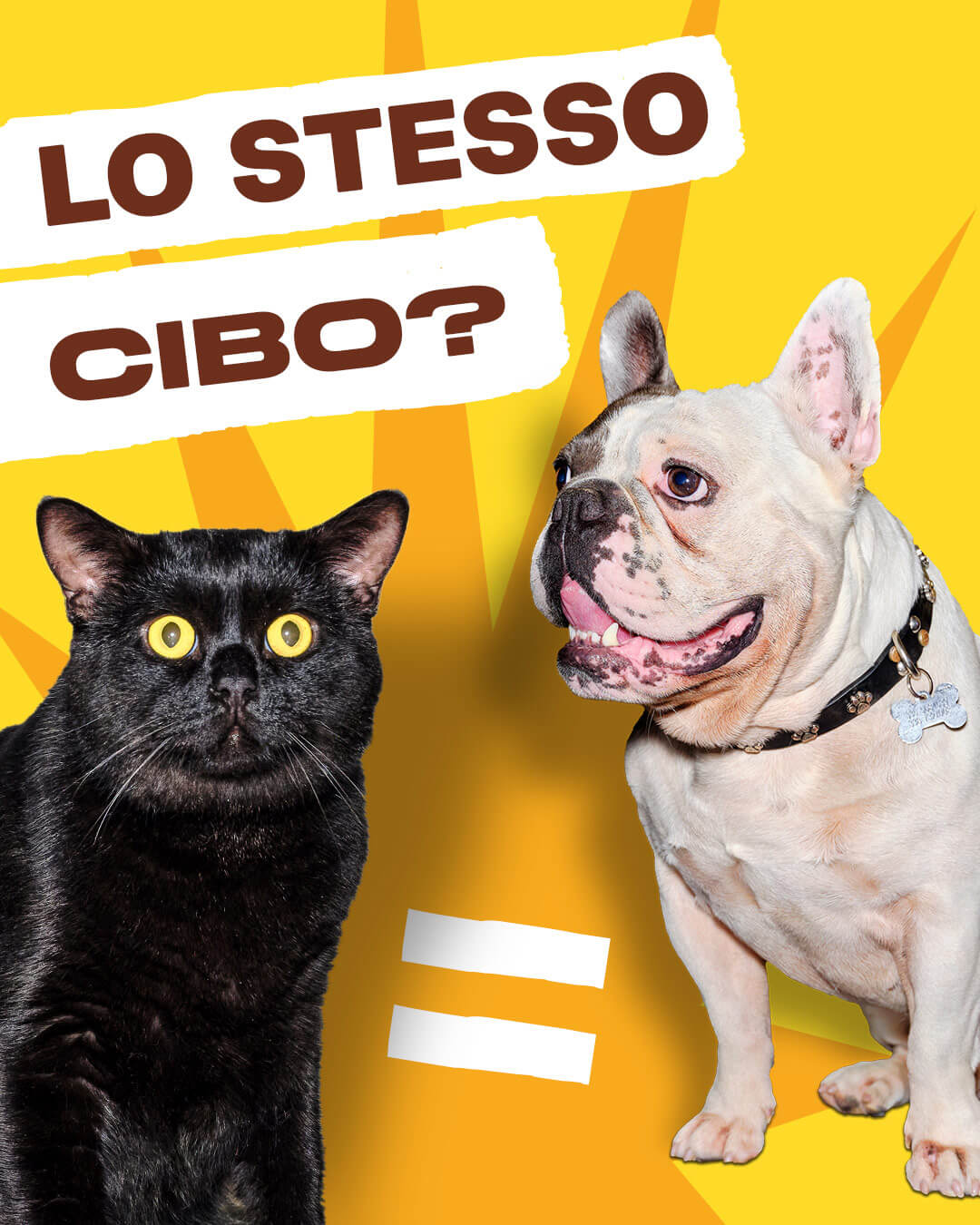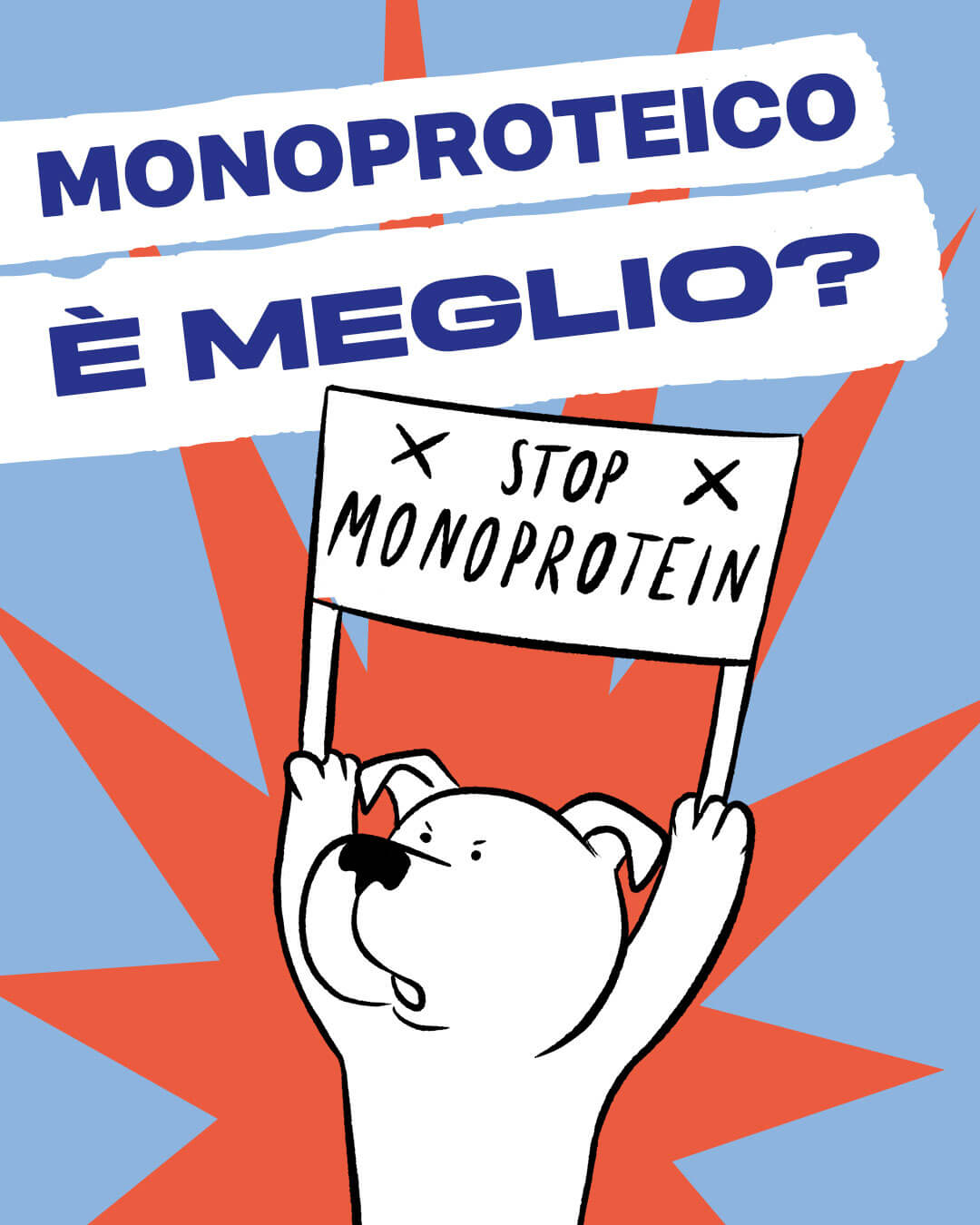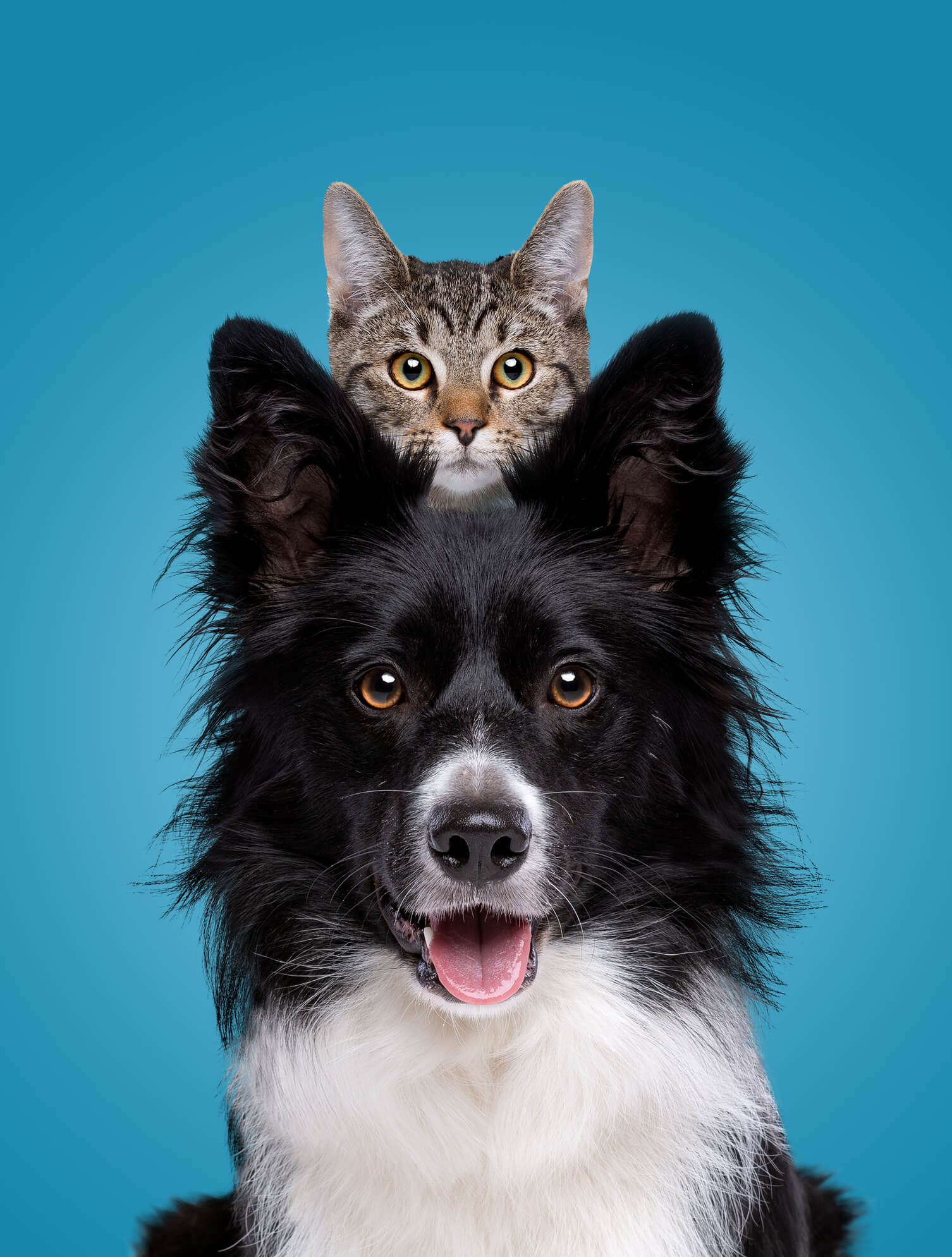NO, TOO MUCH MEAT IS NOT BAD FOR THE CAT’S KIDNEYS!!!
Many owners are still terrified of the “protein overload” their cat would go to by eating too much meat or fish. But this is a nonsense, as we are talking about a strict carnivore.
THE CAT IS A CARNIVORE-AND IT SHOWS.
The cat is the ultimate carnivorous pet. It is, indeed, an obligate carnivore: its diet must be based on meat and animal products to meet all essential needs.
Anatomically, this predisposition is evidenced by the presence of small teeth, except for the canines, which are long and sharp for snatch prey; the cat’s stomach is small and not very capacious, in fact in nature it feeds on small prey many times during the day, resting between meals during digestion. The cat’s digestive tract also can digest and absorb protein and nutrients from animal sources.
THE IMPORTANCE OF PROTEIN FOR THE CAT
Proteins are essential nutrients that enable proper development of the body from tissues and enzymes, which are necessary for the proper functioning of metabolic processes. It is most important that these substances be introduced in the diet from birth and, to follow, in all stages of the cat’s life, including adults and the elderly. Their deficiency, or insufficient intake, could cause even serious alterations of various systems, starting from the skin and coat to real metabolic disorders.
However, many owners now prefer commercial foods that are specially formulated for domestic cats but only partially meet the “second nature” nutritional needs of modern cats: dry feeds, while complete and balanced, also provide unnecessary carbohydrates for the cat if chosen as an exclusive food.
PROTEIN YES, BUT BETTER IF IT IS QUALITY
The cat should receive an appropriate diet to ensure its health and well-being, and high biological value proteins are the basis of their food pyramid. Of course, the amounts of these protein sources should be calibrated to the age, weight, and activity and lifestyle of the individual cat, but we can say that supplement their dry feed, complete and balanced, With a moist, high-quality protein-based food is definitely an appropriate choice to its needs.
Of course, we are talking about healthy cats that can digest and process all animal sources. Should your cat have a disease, it is most important to follow your veterinarian’s guidelines for managing your cat’s diet in a way that benefits the disease and concomitant treatments.
What we need to pay attention to as part of a mixed diet is the balance of micro- and micronutrients (such as minerals), relying on the veterinary nutritionist and the provision of the right caloric requirements, to ward off excesses that can develop overweight and subsequent metabolic issues. An additional benefit provided by a mixed diet is protein variety, which thus promotes the introduction of different amino acid chains, of which proteins are composed.
YES, BUT WHAT ABOUT THE CAT’S KIDNEYS?
What about renal health? The most famous urban legend predicts that an “excess of protein” causes decreased kidney function in the cat, leading to the development of a condition of chronic renal failure. However, it has been seen that this problem, especially in the elderly cat, is more related to lack of hydration and an unbalanced diet, very often consisting of dry food alone, which is ill-suited to the cat’s feeding nature.
Dr. Alessandra Calini
Veterinary physician with expertise in nutrition









